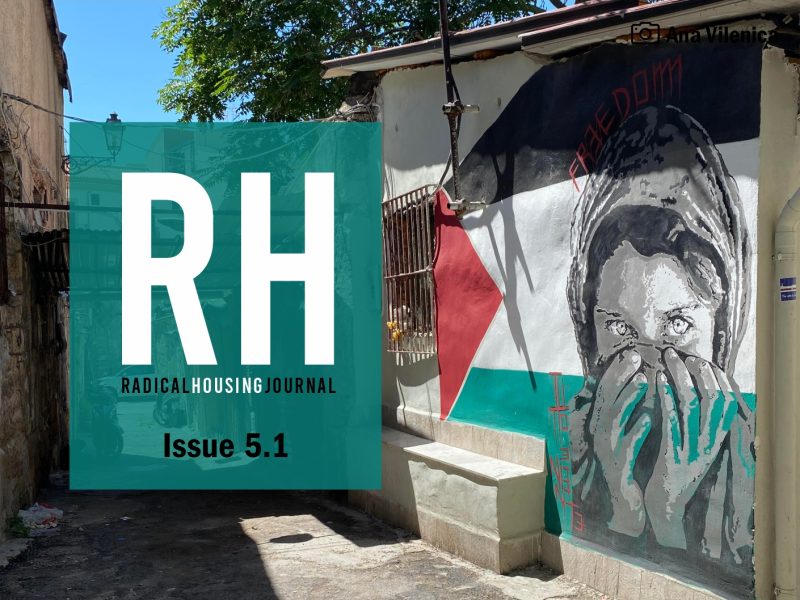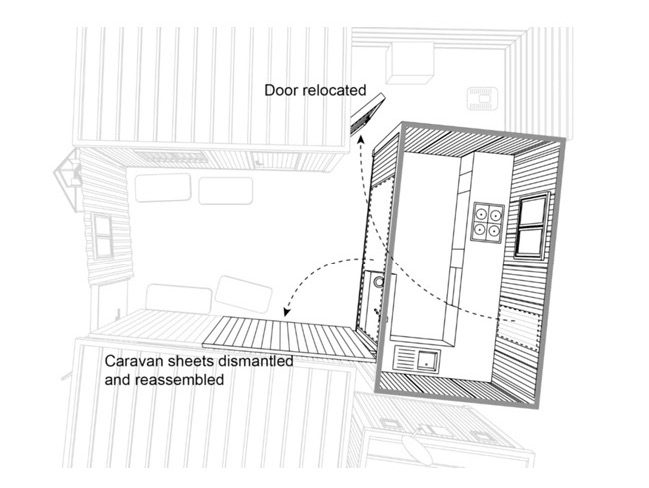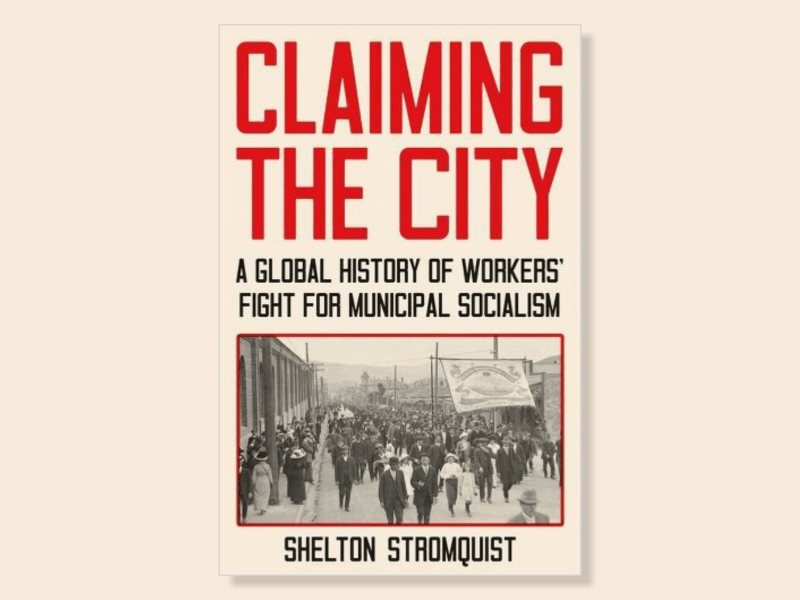Issue 5.1
Life-Affirmative Struggles for Home Across Borders
Issue 5.1 of the Radical Housing Journal (RHJ) examines the current state of struggles for housing and home amidst capital-accumulation-induced urban restructuring worldwide. The authors discuss the enduring impact of settler colonialism on land and housing rights, particularly for Indigenous peoples. Feminist, queer, and trans perspectives are brought to the forefront, emphasizing the leadership roles played by marginalized communities in housing justice struggles. The issue showcases the important contributions of Black women, women of color, and queer activists in fighting for housing justice and challenging oppressive power structures. Additionally, this issue presents alternatives to the current dangerous status quo, urging us to envision radical futures where humanity respects ecological limits, ensures universal access to resources, and grants autonomy in their utilization. It envisions a world where housing is available to all, allowing individuals to choose their desired living arrangements. The ‘Pursuing Tenant International: Learning from the Struggles in Abya Yala’ conversation series further amplifies the voices of tenants, organizers, activists, artists, and thinkers engaged in cross-border struggles. These conversations shed light on the challenges faced by communities fighting for their right to home and dignified living conditions in Los Angeles and Mexico City.
https://doi.org/10.54825/CPYL7371
Editorial
The Long Read
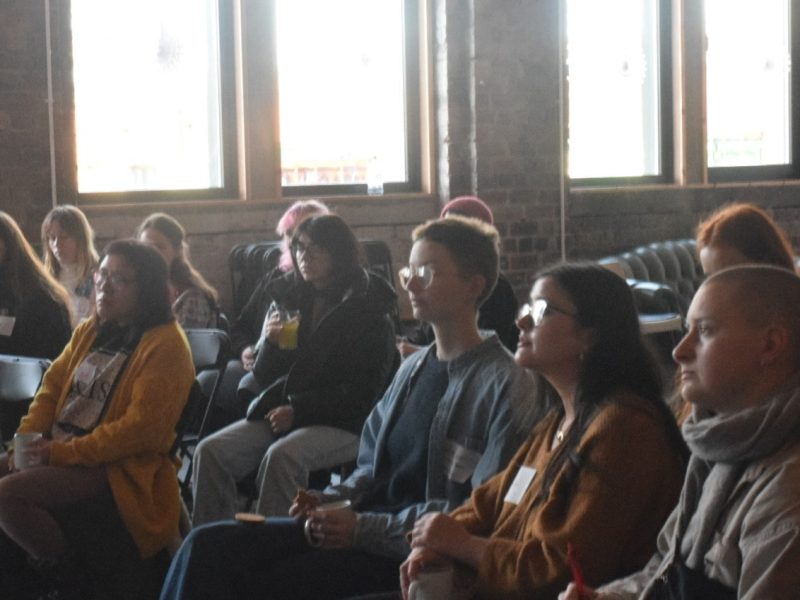
Being women scholar-activists:
Tensions between the neoliberal university and grassroots housing movements
Meg Bishop and Abi O’Connor
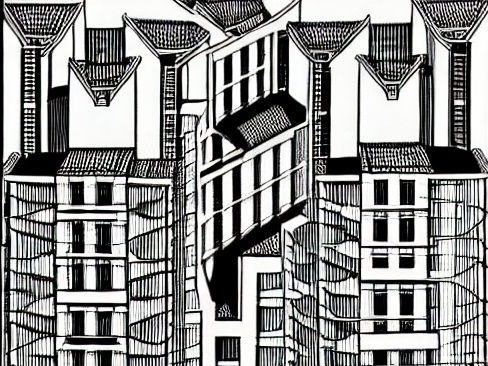
Towards a radical housing responsibility
Hanna Hilbrandt, Ifigeneia Dimitrakou and Luca Pattaroni
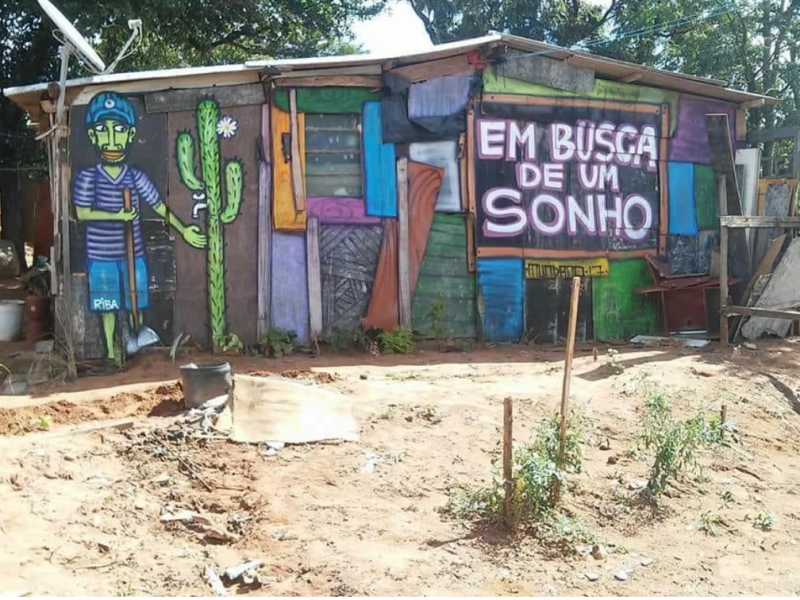
The role of Black women in urban housing struggles in Brazil:
From land occupations to the institutional policy
Thalles Vichiato Breda
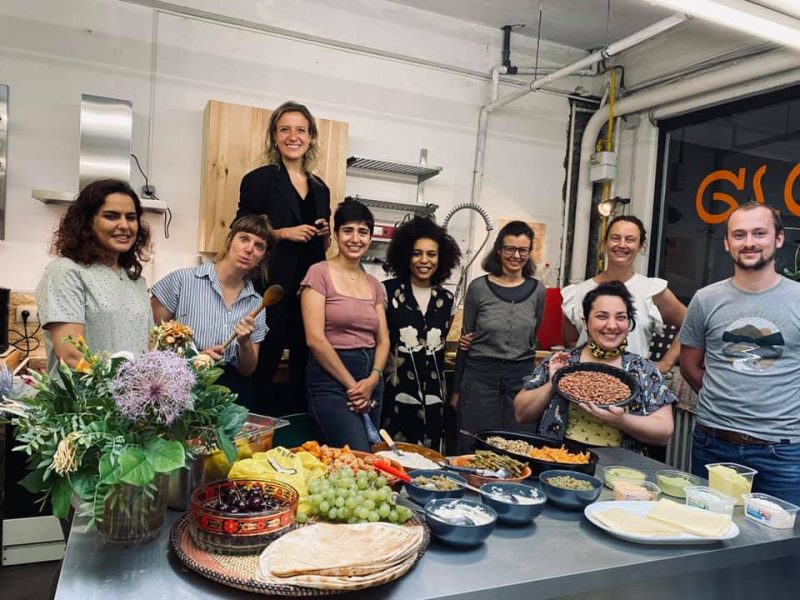
The homing of newcomers in Brussels at the intersection of bordering and urban speculation:
From survival strategies to infrastructures for civic imagination and urban inclusion
Tasneem Nagi, Heleen Verheyden, An Vandermeulen, Viviana d’Auria and Luce Beeckmans

The struggle for problematising housing (in Italy)
Reflections from Naples, Turin and beyond
Simone Tulumello
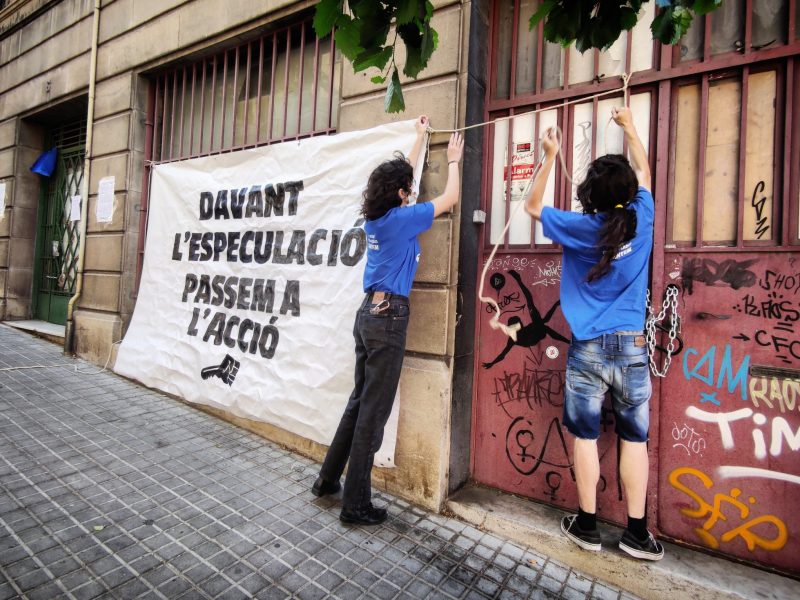
Learning from Barcelona’s grassroots housing struggles:
towards a transformational Degrowth agenda
Aeve Ribbons

Encroachers on their own land:
India’s transition from military-imperialism to settler colonialism in Kashmir
Maansi Shah

Racializing the concept of ‘housing otherness’:
The effects of temporary housing policies on squatters in Rome
Chiara Cacciotti
Conversation Series
Pursuing Tenant International: Learning from struggles for home in Abya-Yala, edited by Ana Vilenica
The conversation series ‘Pursuing Tenant International: Learning from struggles for home in Abya-Yala,’ starts from a premise that there is a decentralized Tenant International in the making across different geographies, despite and against forced internationalism, a complex landscape of housing dispossession and abandonment involving various actors, including states, transnational corporations, and non-profit organizations that collaborate across borders to profit from our homes. This conversation series utilizes the Radical Housing Journal as a nod to this movement and builds on the idea that conversations can serve as tools for fostering relationships between tenants, organizers, activists, artists, and thinkers in cross-border struggles. This series, spanning several issues of the Radical Housing Journal, features multiple conversations with base leaders, organizers, and intellectuals involved in local struggles throughout the Americas, also referred to by its Indigenous name Abya-Yala. These conversations will provide readers with valuable insight into tactics and strategies used by different groups to enrich local and cross-border solidarity, strengthen opposition to dispossession, and construct alternatives here and now. These conversations also touch on a wide range of perspectives relating to territories and lands—including those domestic (related to home), communal, Indigenous, Black, and internationalist—where resistance has inspired movements for new housing futures.
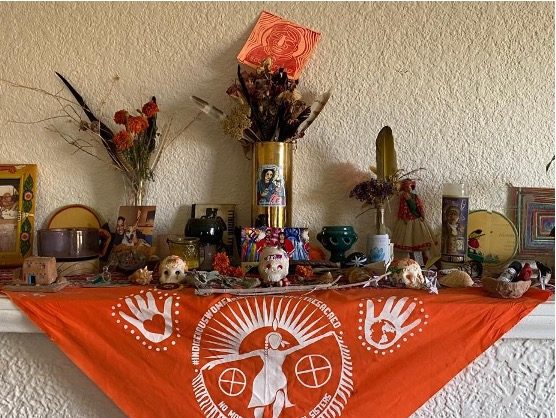
A fighting time and a dreaming time:
Struggle for right to remain in LA
Martha Escudero of the Reclaim our Homes in conversation with Ana Vilenica
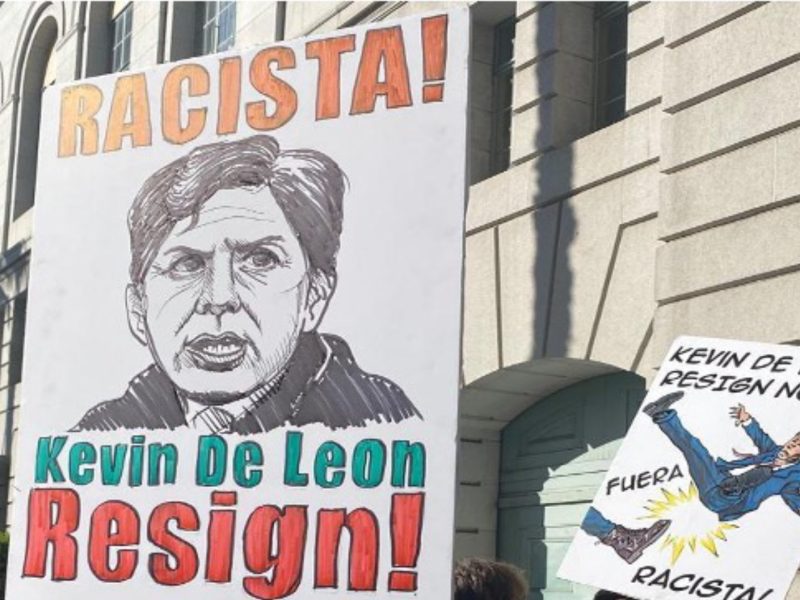
From the politics of what’s possible to the politics of what we want
Kenia Alcocer and Leonardo Vilchis of the Union de Vecinos in conversation with Ana Vilenica
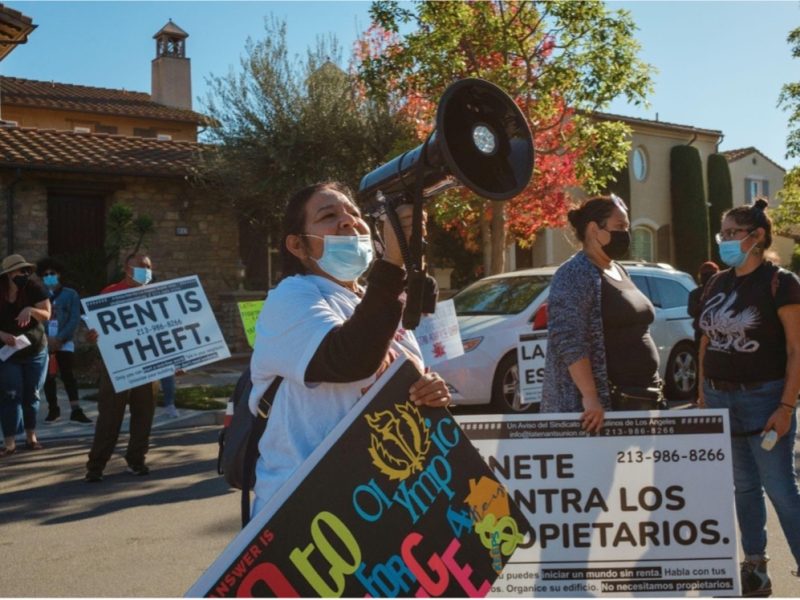
Here to Stay:
Building a Tenant Association Against Displacement
Inés and Teresa of the Flower Drive Tenants Association in conversation with Ana Vilenica, co-edited by Katrina Albright
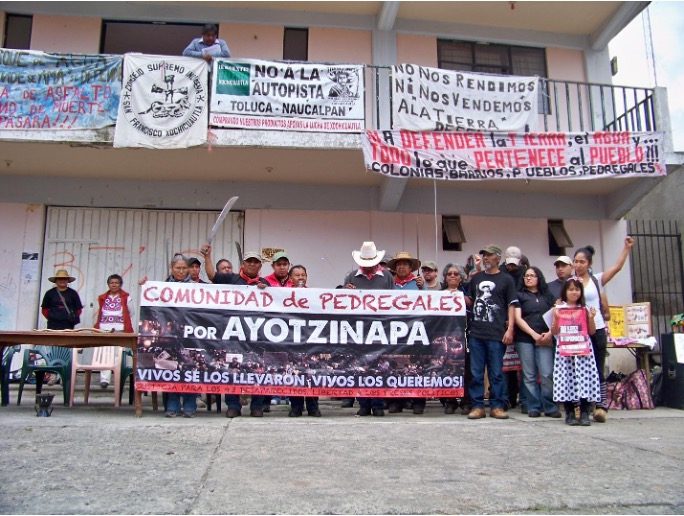
Against Whitening by Dispossession:
A History and the Present of Tenants Rebellion in Mexico
Pablo Gaytan Santiago aka Hombre de Humo in conversation with Ana Vilenica and Pedro Montes de Oca Quiroz
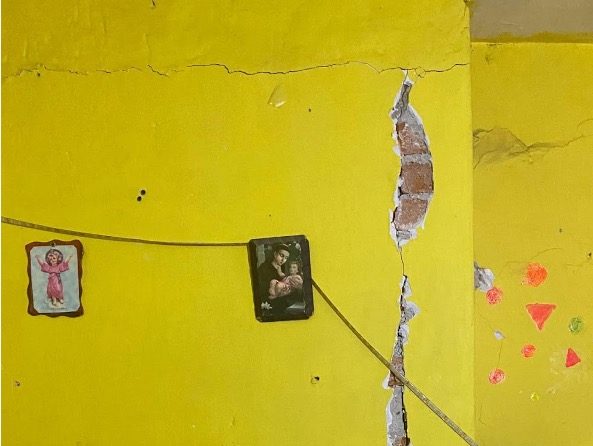
From Quiet Life to Political Activism:
Resisting Evictions in Mexico City's Historic Centre
Rufina Galindo of the Red de Desalojados de la Ciudad de México in conversation with Ana Vilenica and Pedro Montes de Oca Quiroz
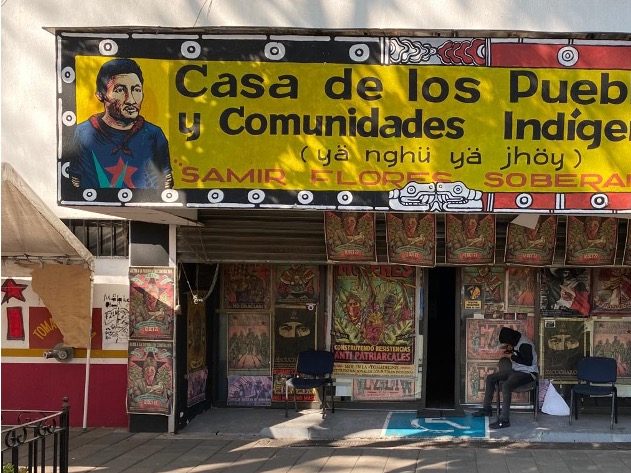
This house belongs to everyone:
Otomí community occupation of the National Indigenous Peoples’ Institute (INPI) in Mexico City as a struggle for dignified housing and the right to the city
Representatives of the Otomí community occupation of the INPI in conversation with Ana Vilenica and Felipe Guerra Arjona

Food distribution as solidarity and as a tool for building tenant power in Los Angeles
Teresa Roman of the Acción Comunitaria in conversation with Ana Vilenica, co-edited by Bryan Quintanilla
Conversations
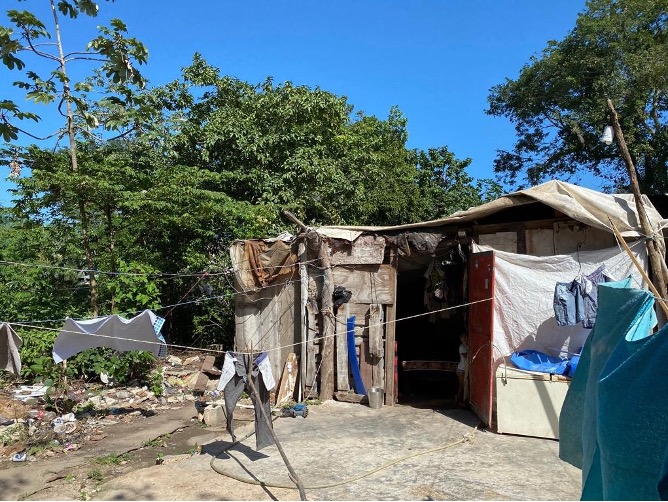
Indigenous organizing for housing justice:
Lessons and challenges
Magda, a Maya housing activist, in conversation with M. Bianet Castellanos
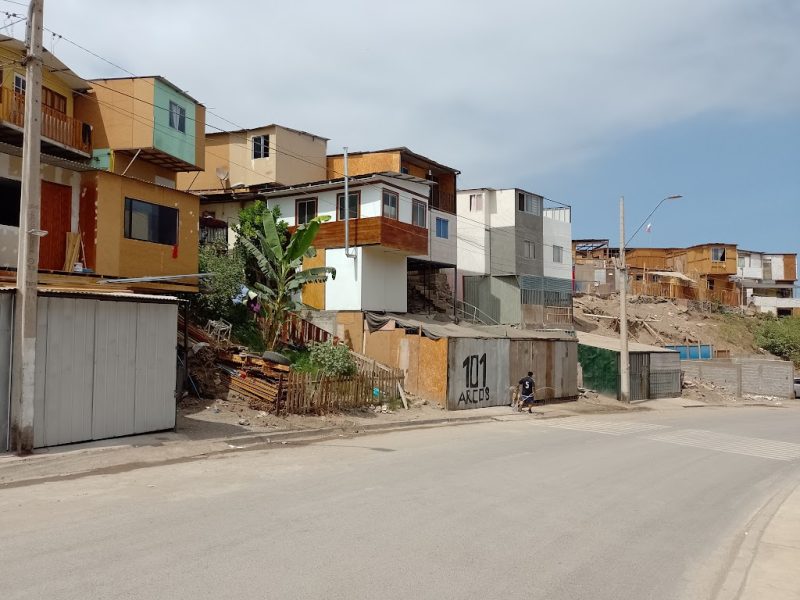
Exercising rights from below:
Housing, gender, migration and the right to the city from Antofagasta, Chile
Elizabeth Andrade Huaringa in conversation with Camila Cociña and Ana Sugranyes
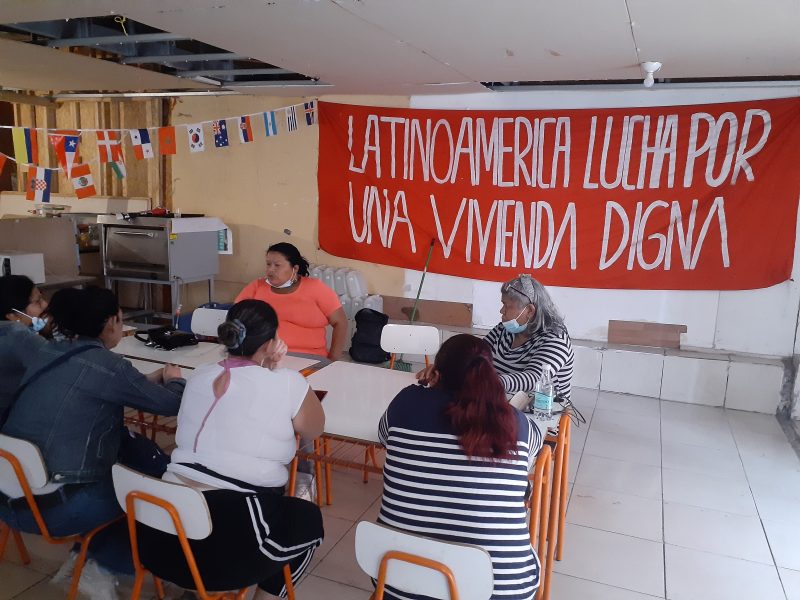
Ejerciendo derechos desde abajo:
Vivienda, género, migración y derecho a la ciudad desde Antofagasta, Chile
Elizabeth Andrade Huaringa en conversación con Camila Cociña y Ana Sugranyes
